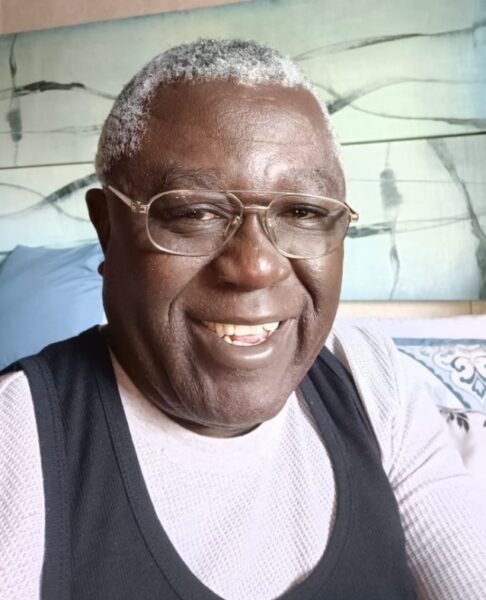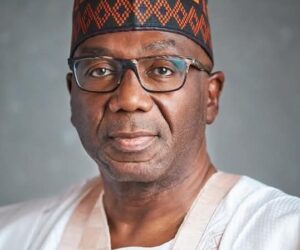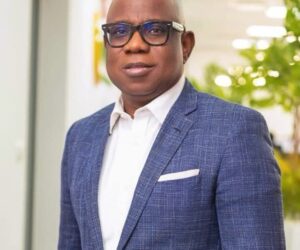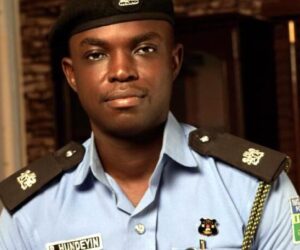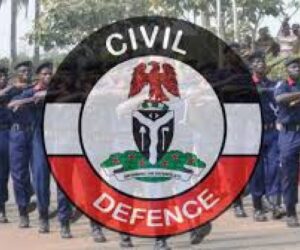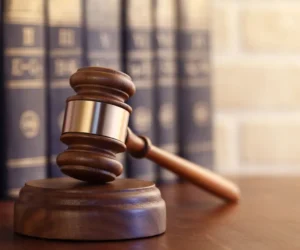2
Francis Nnamdi Ikwuegbu is a senior lecturer, Fine and Applied Art Department, Imo State University Owerri. And, also a professor of Anthropology. In this interview with Ikechi Elenwoke, He delved into a lot of issues in masquerade production, the Igbo cosmology, and his invitation to the US for the production of the ijele masquerade.
Excerpts:
How do you define yourself professionally?
I see myself as an artist, a sculptor and also as a social scientist having earned my PhD in Anthropology.
From the art side, I am a sculptor and an art teacher. I am not just an academic artist, I started as a traditional carver. I inherited that by birth having being born into a family traditional carvers, Uke in Idemili North, Anambra state.
As to my background, we are into blacksmithing, and traditional wood carving of masquerades. I have produced thousands of masquerades. My place in known for production of masquerades for most communities around, and within Idemili north of Anambra, including Umuoji and other neighboring villages.
And If I am not mistaking, if you research well, you will find out that most masquerades within Orji River up to kogi state came from our town including those masculine, fearful masquerades. We are known for our artistic prowess in producing masquerades.
If you get to Orji River, Oraifite most of the established masquerade carvers are our people. You can verify. They are known for their prolific masquerade production.
You see there is a way our people look at Anthropology in our clime. Some see it as a white thing. And they have a point here. Originally the white men never want us blacks to go deep into the course because they had the opinion that it will open our eyes to some hidden facts about our history and existence and such knowledge was likely to be weaponries against them.
As at the time of Lord Lugard reign in Nigeria, he often resort to his home country for advices on how to manage the Igbo race which were very problematic in their conquest. The Hausas and Yoruba already has structures that they could leverage upon unlike the Igbos that never had a central authority. So, anthropology of the people of Nigeria was of great concerns to them
Do you do any spiritual rites before engaging in masquerade production?
As I was growing up, there were some conditions forproducing masks. Those that needed a masquerade, would need to go to the carvers with kola nuts, palm wine some you have to come with some elders with palm wine and kola nuts, agbara ewu to negotiate especially if they are kids
You know masquerades are spirits. When the wearer dies, the masquerade must perform in the burial if the masquerade must continue to existence. After that special performance the spirit of the performer departs peacefully before another person takes up the role.
But where such rite is not performed, that very masquerade becomes a museum piece, in the sense that nobody can wear it again. So, masquerades are spiritual in that sense.
Was it the same purpose of producing a masquerade you went to America recently?
Yes. I was invited by Dominican university, River Forest Chicago Illinois, the president of the university in collaboration with Igbo Studies Association, the Black World Association and some other Igbo groups there invited me as a masquerade builder and a professor of art. They searched for me and were able to locate me. They got across to my vice chancellor, Prof. Chukwuma Eze to grant me some time off to come over and handle the project for them.
They told him I needed about 2 months off duty to come and build the ijele masquerade, and also demonstrate how the Igbo ijele masquerade is being built. They needed it for research purposes. And also to immortalise our Igbo culture in diaspora.
That will make it easier for researchers globally to get more information on Igbo cultures to be attached to the Dominican university archive. On that note, I give thanks to Dr. Nkuzinna, and Dr. Odeluka and family for providing every needed logistics that helped me accomplish the project.
My transition in carving was a smooth one, from the traditional circle to the modern era.
My engagement at the Dominican university was of a multitask- building the masquerade, teaching and demonstrating to the audience. I talked on how to use kola nuts to call the gods for blessings.
In our setting, you can’t talk of arts without calling the god of art, Ofodunka. Before you become a professional artist the gods need to be appeased to permit you go into fulltime practice. You call elder artists to come and perform the ritual, and bless you to continue with your art practice.
It is the same procedure with blacksmith.
I once read a book where they were saying the Igbos don’t have god of iron. That is a lie. In Igbo, we call iron uzu. Okpu uzu, blacksmith. Our god of iron is Ututu. Ututu is the male, the female, goddess is Osami, (Positive and negative forces). For you to start foundry, blacksmith, the guild would need to come and perform the ritual, invoking the spirits of Otutu and Osami
.

